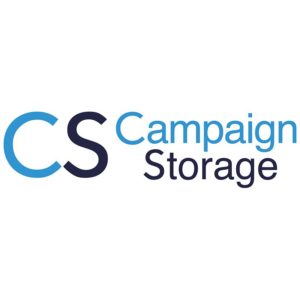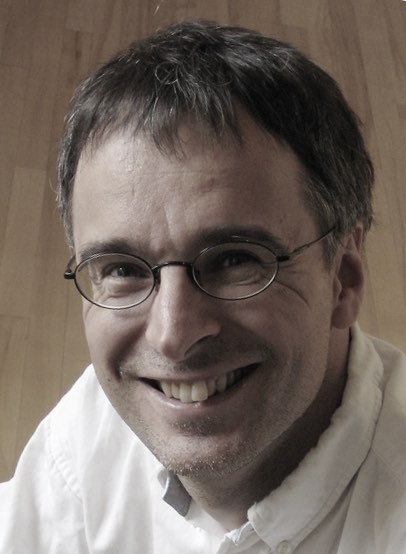Peter Braam is well-known in the HPC Community for his early work with Lustre and other projects like the SKA telescope Science Data Processor. As one of the featured speakers at the upcoming MSST Mass Storage Conference, Braam will present: Bridging Big – Small, Fast – Slow with Campaign Storage. We caught up with Peter Braam to learn more about his Campaign Storage Startup and the current state of the industry.
insideHPC: Your Campaign Storage Startup develops hierarchical storage management (HSM) software. What prompted you to develop this software in terms of technology gaps in the marketplace?

Peter Braam will be a featured speaker at the MSST Conference
Peter Braam: Campaign Storage is storage software for tiers, and Los Alamos invented this idea. Nathan Thompson and I created a startup, and after reviewing opportunities for a while, and also after the US Presidential elections, we called it Campaign Storage. Handling tiers appears to address one of the bigger needs in the market. HSM tiers are an obvious target for us, because their bandwidth and metadata performance doesn’t scale. Moving data to and from burst buffers, parallel file systems or entperprise premium storage is also important.
insideHPC: How does Campaign Storage integrate with existing technologies like ZFS and RobinHood?
Peter Braam: Campaign Storage is built on two mature existing technologies: parallel file systems and object stores. We choose Lustre on top of ZFS for the file system and we will support many 3rd party object stores. Campaign Storage is a file system and can happily co-exist with many data management technologies such as Robinhood. Campaign Storage will be contributing some new elements to data management itself, but the primary goal is to deliver a technology that lives in an eco-system.
insideHPC: Your biography mentions continuing work with the SKA telescope project. Can you tell us more about
the storage challenges you are working on there?
Peter Braam: It’s been a wonderful experience to participate in the SKA design during the last 3-4 years, perhaps only CERN faces comparable IT challenges among open institutions. The IT problems are particularly suitable for astronomers because there are so many 0’s in the numbers. For example we need 200 PB/sec of memory bandwidth. The hot storage for SKA is going to be fairly tightly coupled to a modern computational big data framework. The storage could be object or file, it might likely be tiered itself. SKA also needs an exascale archive for world wide dissemination.
insideHPC: Do you still keep up with developments in the Lustre community that you helped found? What do you see as the big challenges for Lustre going forward?
 Peter Braam: Oh absolutely. I’m always following Lustre, most of all the people in the community: both the developers and customers, perhaps because many started their careers with me. Keeping a steady stream of revenue that can support ongoing development for Lustre will be critical. Architecturally, Lustre may be quite steady state now, but quite big technical challenges exist to keep top performance with newer storage technologies and file systems, and also to retain its reliability.
Peter Braam: Oh absolutely. I’m always following Lustre, most of all the people in the community: both the developers and customers, perhaps because many started their careers with me. Keeping a steady stream of revenue that can support ongoing development for Lustre will be critical. Architecturally, Lustre may be quite steady state now, but quite big technical challenges exist to keep top performance with newer storage technologies and file systems, and also to retain its reliability.
insideHPC: As an entrepreneur, do you see opportunity out there in the storage market?
Peter Braam: There are opportunities abound, probably most will be related to cloud and solid state storage. Software Defined Storage – in which I’m a great believer – has a real opportunity to blossom. The corporate and technology landscape for storage is changing so fast that it is difficult to foresee what it will look like 5 years from now.
Registration is now open for MSST 2017, which takes place May 15-19 in Santa Clara, California.





Tiering invented by LANL? Or exactly what is software tier ;-)?
Not sure when they mean HSM is a new “campaign”….but maybe a little more detail would be nice.